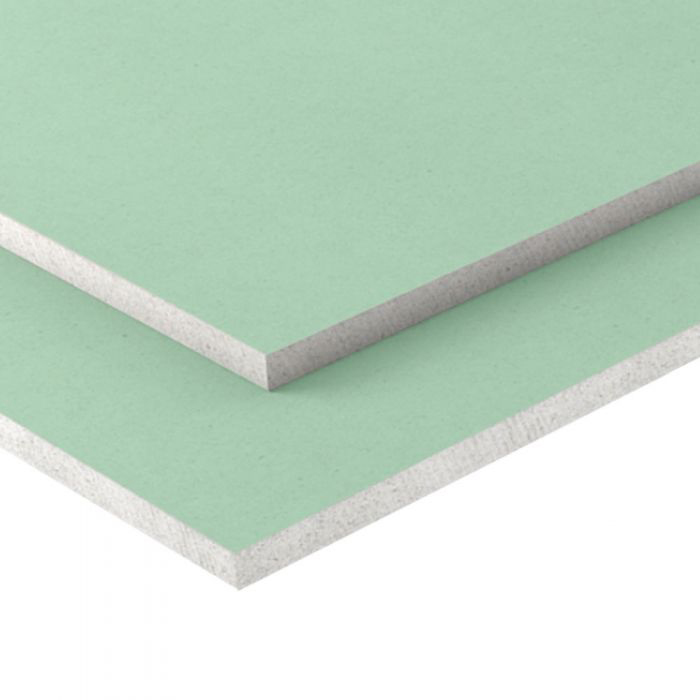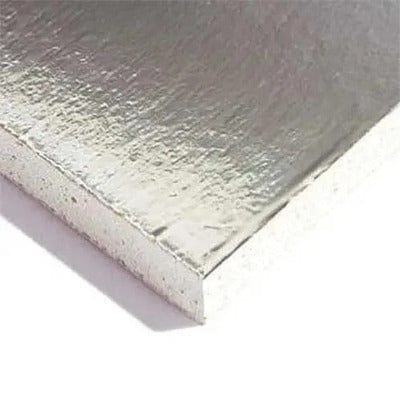CONCRETE BLOCKS & BREEZE BLOCKS: FUNCTIONALITY IN BUILDING DESIGN

Delve into the world on concrete and breeze blocks, where durability meets design flexibility, shaping the future of construction.
When it comes to building design, choosing the right materials is as crucial as laying the foundation itself. It's not just about how things look; it's about how they last, function, and even impact the environment. And in this world of countless building materials, concrete blocks and breeze blocks have carved out their own niche.
Let's talk about concrete blocks first. They’re the unsung heroes of construction – strong, reliable, and incredibly versatile. Whether it's a high-rise or a garden wall, these blocks are often the go-to choice for builders who need something that’s going to stand the test of time.
Breeze blocks, on the other hand, bring a multitude of functionality too. These lightweight blocks are incredibly versatile, suitable for various applications both above and below ground, including in beam and block flooring systems. They provide a strong, stable background, perfect for plaster finishes or when a rendered outer leaf is part of the design. Their solid structure also makes them ideal for secure fixings, ensuring that anything attached to them stays put.
In this blog, we’re going to explore these two pivotal materials in detail. We’ll discuss their characteristics, compare their functionalities, and look at how they're being used in contemporary building designs. From the foundations to the finishing touches, let’s delve into how concrete and breeze blocks are shaping the future of construction.
The Strength of Concrete Blocks
Concrete blocks are more than just building materials; they are the backbone of robust and efficient construction. Their versatility and strength make them suitable for a wide range of applications, each serving a critical role in building and structural integrity.
1. Wall Construction
Concrete blocks are ideal for constructing both internal and external walls. Their uniform size and shape make them easy to lay, ensuring a stable and sturdy wall structure. Whether for a residential home or a commercial building, these blocks provide the necessary strength and durability.
2. Foundations
The strength of concrete blocks also makes them perfect for constructing foundations. They can support significant weight, making them an excellent choice for the base of any building or structure.
3. Beam and Block Floors
In combination with concrete beams, concrete blocks are used to create load-bearing floors. This system is particularly useful in multi-storey buildings where strength and stability are paramount.
4. Piers and Retaining Walls
For structures like piers and retaining walls, which require additional support and erosion prevention, concrete blocks are an excellent choice. Their ability to withstand weight and environmental elements makes them ideal for these applications.
5. Fireproofing
Dense concrete blocks are a go-to material for fireproof walls and compartments. Their composition provides a higher level of fire resistance, adding an extra layer of safety to any building.
Product Variations
Concrete blocks come in various sizes, such as 100mm and 140mm, and finishes like 'Paint Grade', which offers a finer texture for painting. These blocks are user-friendly, easily cut, and drilled with standard tools, making them suitable for a wide range of construction projects.
Selecting the correct type of concrete block for your project is crucial. The choice depends on the application - load-bearing walls require stronger blocks than non-load-bearing ones. Additionally, the climate and environmental conditions where the blocks will be used should be considered. Blocks exposed to harsh weather need to be more durable.
The Versatility of Breeze Blocks
Breeze Blocks, also known as Medium Density Blocks, Cinder Blocks, or Clinker Blocks, stand out in the world of construction materials for their multifaceted utility and functional benefits. These lightweight blocks, lighter than traditional solid concrete blocks, are celebrated for their ease of handling and transportation, making them a preferred choice for various construction applications.
Functionality and Applications
One of the key strengths of Breeze Blocks is their adaptability in different construction scenarios. They can be effectively used in standard wall applications, both above and below ground, including as part of beam and block flooring systems. Their solid structure provides a robust background, ideal for plaster finishes or as a base in projects requiring a rendered outer leaf. Additionally, these blocks offer a secure foundation for fixings, ensuring stability and durability.
Their use extends to a variety of settings, including internal and external walls, foundations, piers, partition walls, sheds, garages, and as infill between concrete floor beams. This versatility makes them a popular choice across a broad spectrum of construction projects.
Advantages and Considerations
Medium Density Blocks have superior thermal insulation properties compared to solid concrete blocks, contributing to better energy efficiency and reduced heat loss in buildings. They are also less prone to cracking, enhancing their durability and lifespan.
When selecting Breeze Blocks, it's crucial to consider the load-bearing requirements of the application. Blocks with higher compressive strength can support more weight, which is essential for certain structural applications. Moreover, compatibility with the type of mortar to be used is an important factor.
In terms of finishing, Breeze Blocks are compatible with a variety of finishes such as plasterboard, plaster, render, and brick veneer. Their fire and pest resistance further add to their appeal. Notably, these blocks are relatively easy to cut and work with, and offer convenient options for fixing elements to them.
Overall, medium duty Breeze Blocks present a balanced combination of strength, weight, and thermal insulation. Their multi-functionality makes them a durable and versatile choice for numerous building applications.
Comparative Analysis: Concrete Blocks vs Breeze Blocks
When comparing Concrete Blocks and Breeze Blocks, it's essential to consider their distinct physical properties and suitability for various applications. Concrete Blocks are heavier and denser, offering unmatched strength and durability, making them ideal for retaining walls where strength is paramount and party walls when they perform better than breeze blocks in terms of reducing sound transfer. Breeze Blocks, being lighter and medium density, are easier to handle and provide better thermal insulation, suitable for both internal and external walls where weight is a consideration.
While Concrete Blocks are more utilitarian in nature, Breeze Blocks offer more flexibility in terms of design due to their lighter weight and adaptability to different finishes like plasterboard or render. This makes Breeze Blocks a more suitable choice for projects where aesthetic variation and design flexibility are desired.
In terms of climatic conditions, dense Concrete Blocks are more resilient in harsh weather, providing excellent resistance to water and frost damage. Breeze Blocks, with their superior insulation properties, are better suited for environments where energy efficiency is a priority. Both types of blocks can be used in a variety of building types, from residential to commercial, but the choice largely depends on the specific structural and environmental requirements of the project.
Ready to embark on your next construction project with the right building materials? Buildershop is here to guide you through your choices. With our extensive range of high-quality Concrete Blocks and Breeze Blocks, we offer solutions tailored to your specific building needs. Whether you’re constructing a commercial high-rise or a cosy residential space, our materials are designed to meet the highest standards of durability, efficiency, and design flexibility.
Don't compromise on the foundation of your project. Visit Buildershop today to explore our selection and find the perfect materials for your construction needs. Our expert team is always ready to provide advice and support, ensuring your project is built on a solid foundation of quality and expertise. Connect with us at sales@buildershoponline.co.uk, and let’s build the future together!










